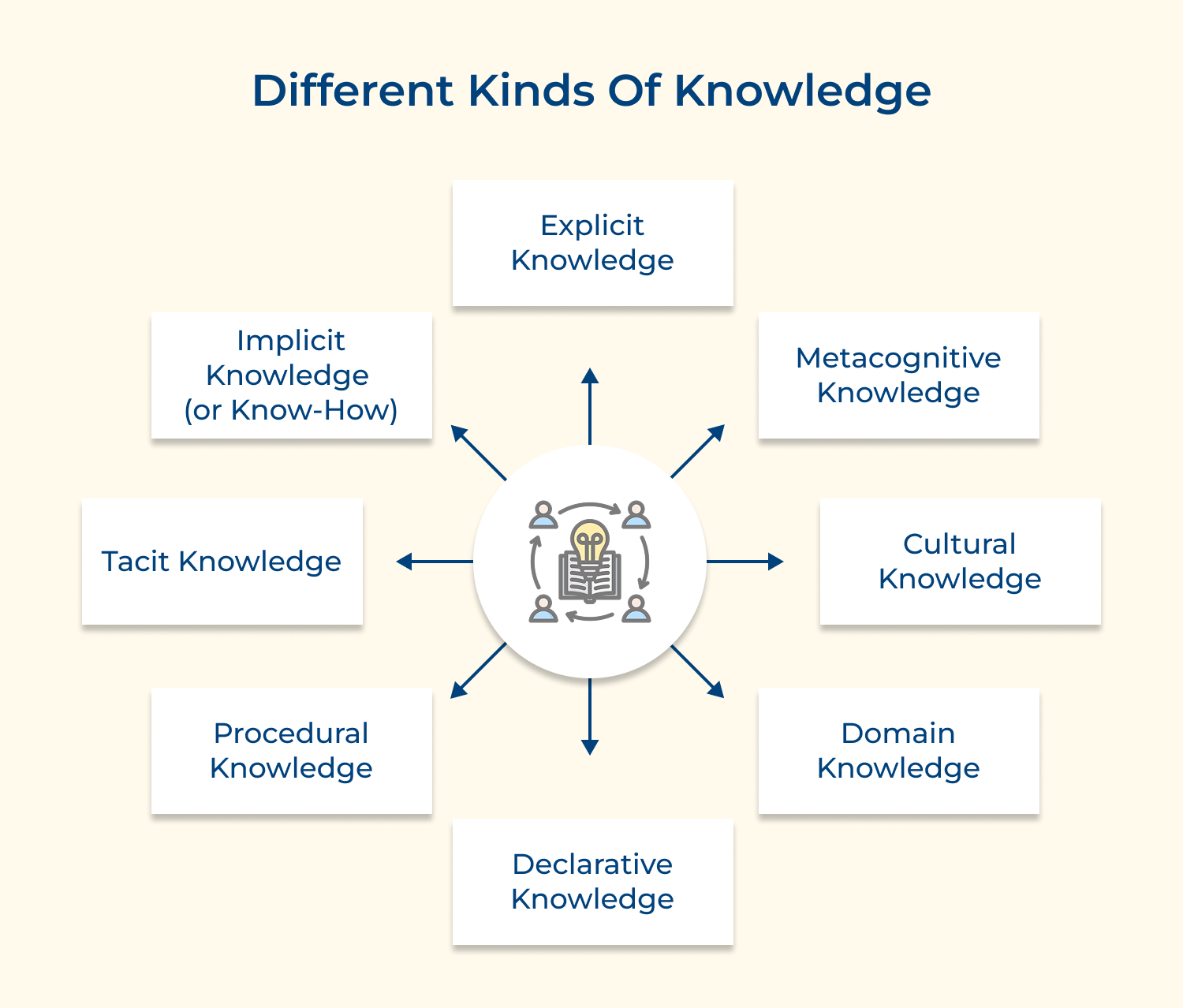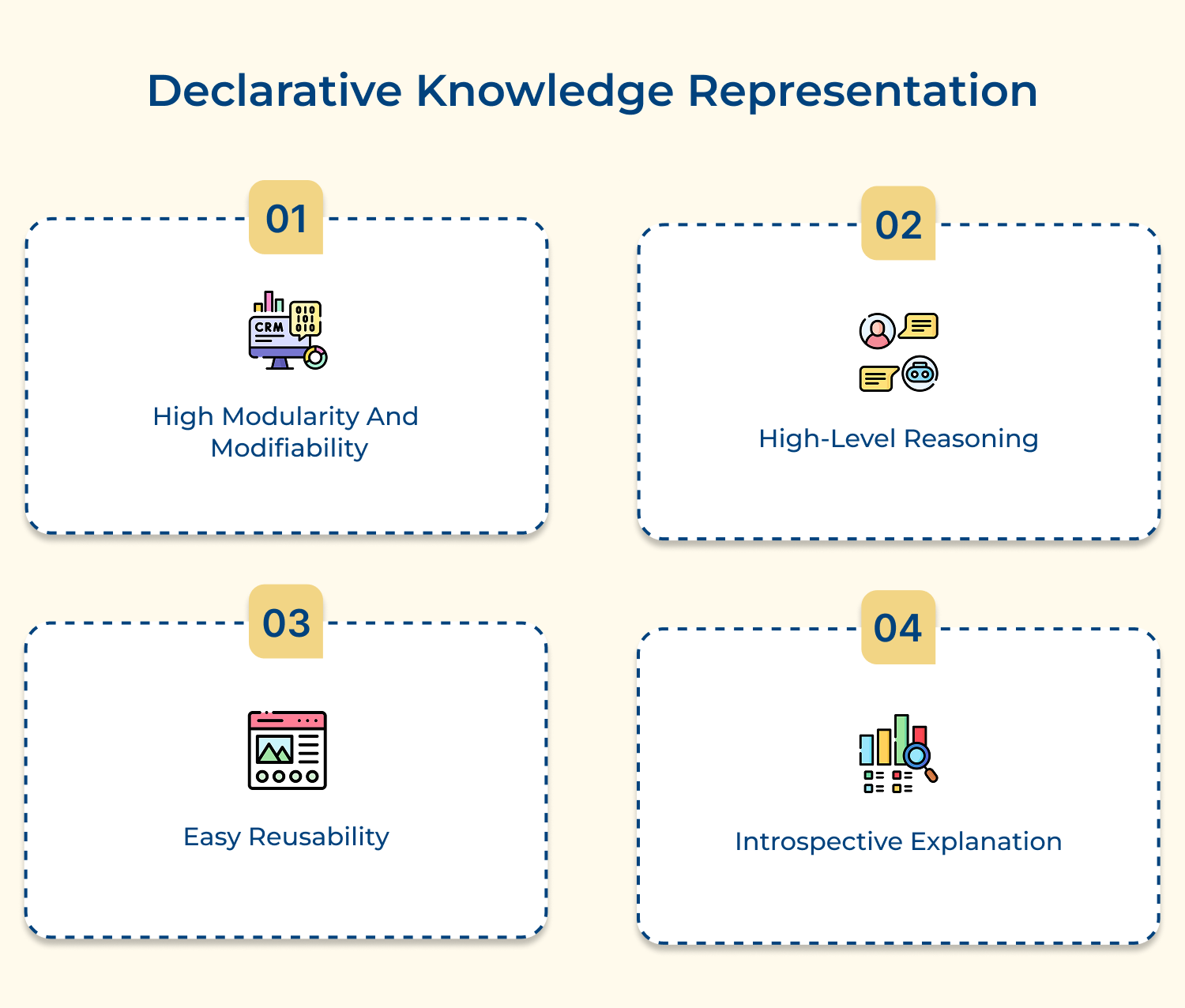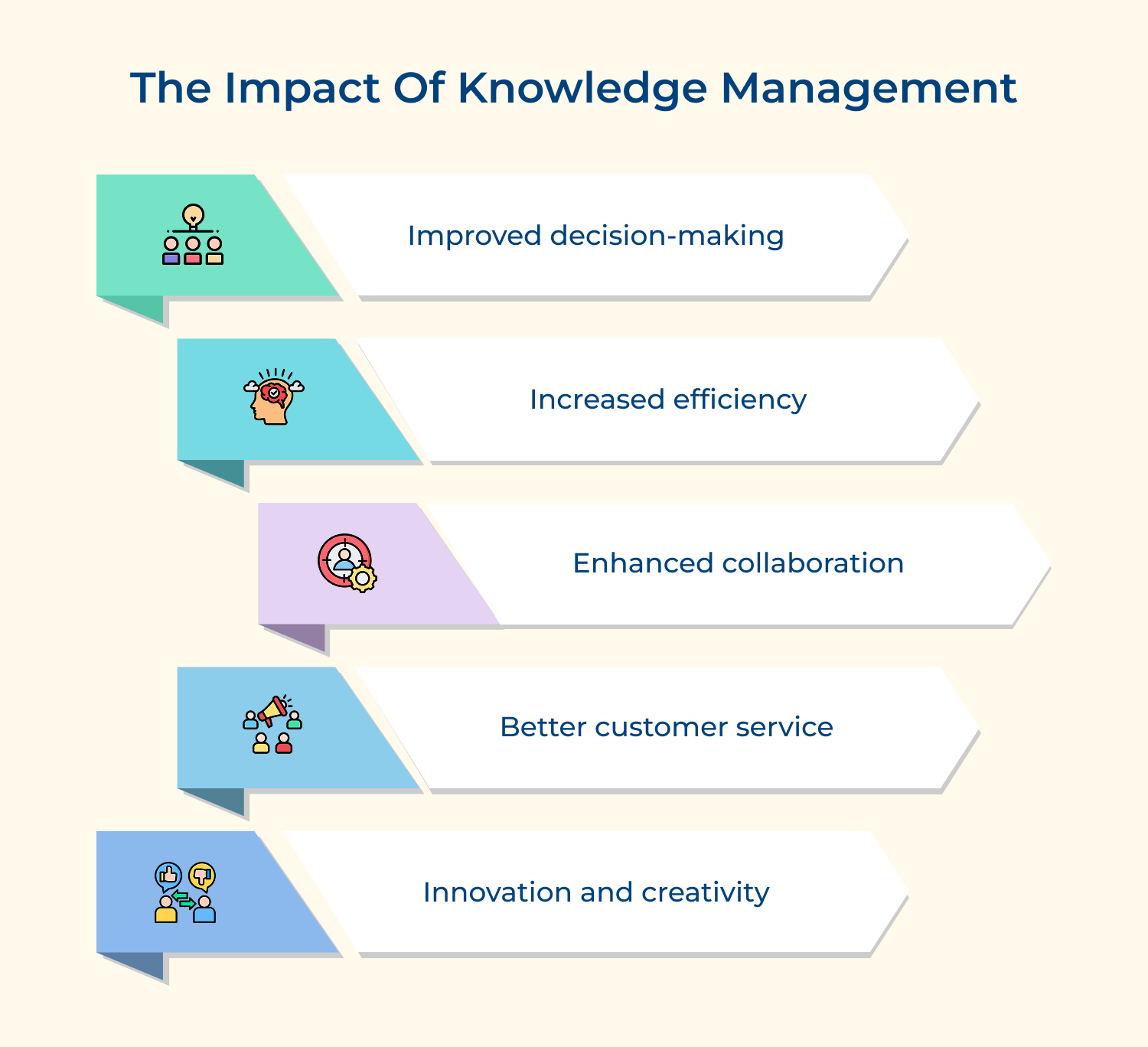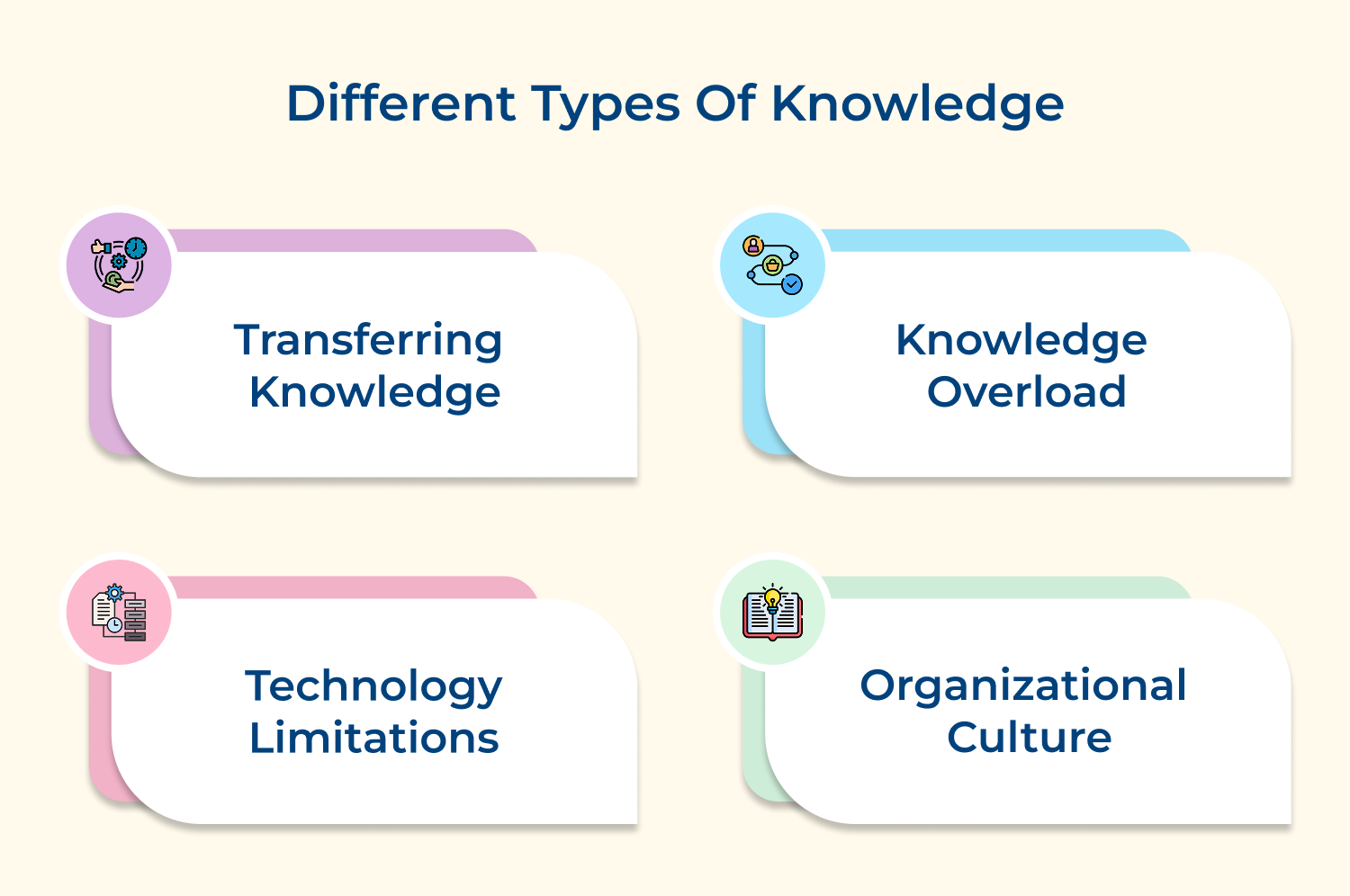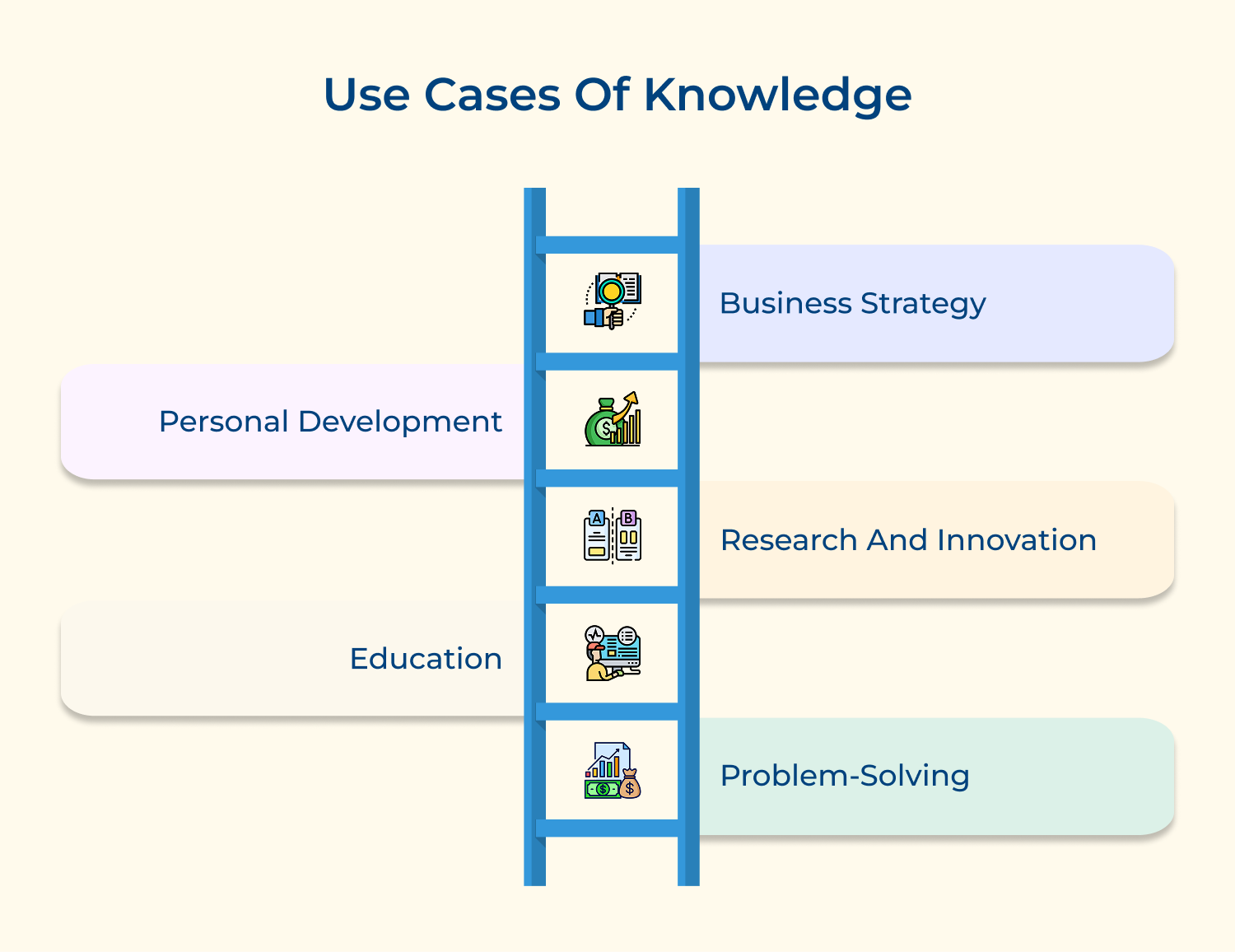1. Personal Development
Acquiring knowledge through reading, learning from experiences or seeking mentorship helps individuals to enhance their skills, expand their perspectives and achieve their goals. For example, learning about mindfulness techniques reduce stress, while studying leadership principles can improve communication and decision-making skills.
2. Education
Knowledge is at the core of education. Teachers impart knowledge to students through lectures, readings and hands-on activities to help them understand concepts at the same time develop critical thinking skills. Students, in turn, apply this knowledge through assignments, projects and exams to demonstrate their mastery of the material.
3. Business Strategy
Knowledge is a key component of strategic decision-making. By staying informed about market trends, competitor activities & emerging technologies, businesses can identify opportunities for growth, anticipate threats and develop effective strategies to stay competitive. For example, a retail company may use consumer behavior data to optimize its marketing campaigns and product offerings.
4. Research and Innovation
Knowledge fuels research & innovation in various fields, from science and technology to healthcare and the arts. Researchers use existing knowledge to build on previous discoveries, conduct experiments and develop new theories or solutions to address complex problems. For instance, scientists use knowledge of genetics to develop gene-editing technologies that can potentially cure genetic diseases.
5. Problem-Solving
Knowledge is essential for effective problem-solving. By drawing on relevant information, expertise & experience, individuals can analyze situations, identify root causes of problems and generate creative solutions. Engineers, for example, use their technical knowledge to design products, systems, or processes that meet specific requirements and solve practical problems.

